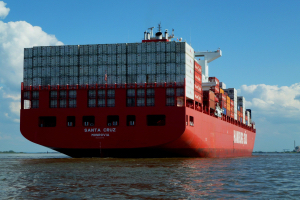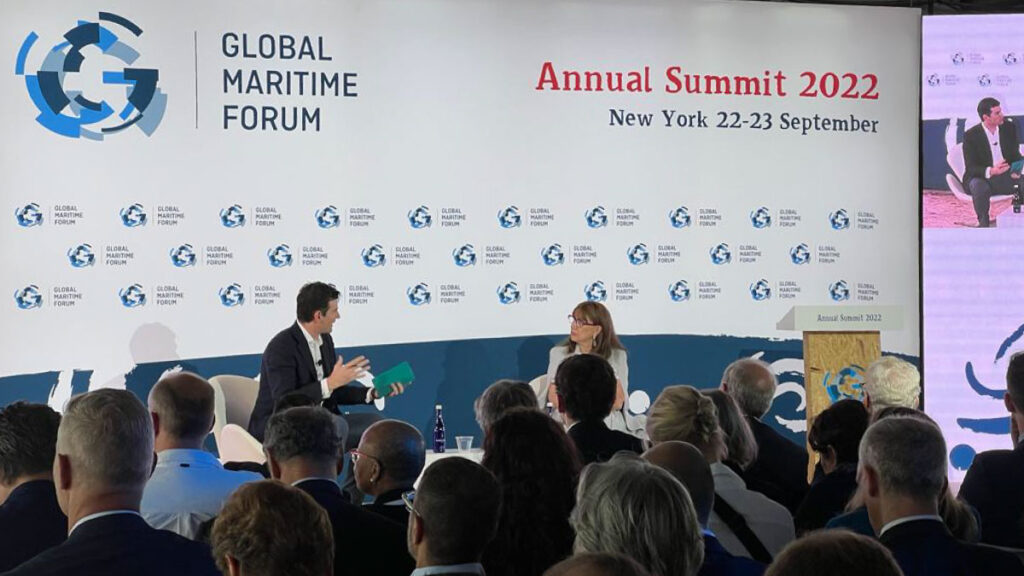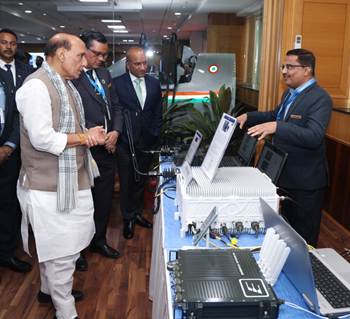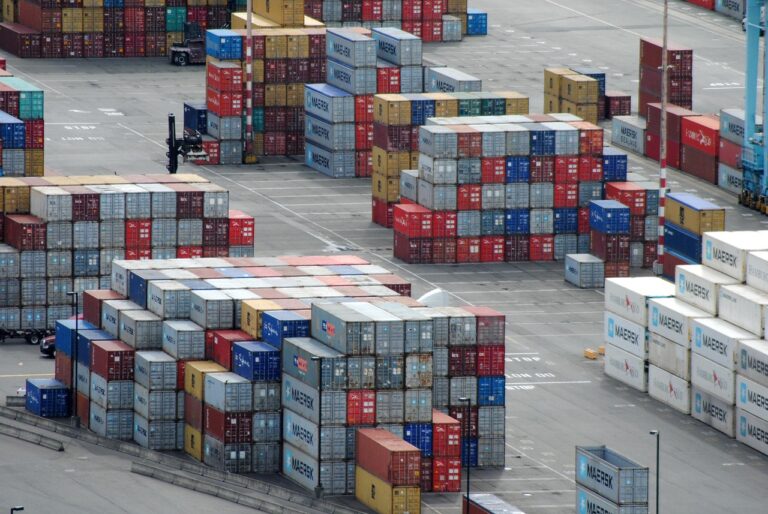
New York/Rome: Maritime transport has a key role to play in cushioning the blow caused by the war in Ukraine since ships carry over 80% of the goods the world trades – including most of the food, energy and fertilizers people desperately need right now. The war has disrupted major shipping routes and supply chains. It has also triggered global food, energy and finance crises that have sparked record prices and could push tens of millions more people across the world into hunger and poverty this year.
Globally, a record 345 million people in more than 80 countries are currently facing acute food insecurity, according to the UN. An FAO report released earlier this week says globally, an all-time high of 970 000 people are expected to face catastrophic hunger (IPC Phase 5) and are starving or projected to starve or at risk of deterioration to catastrophic conditions in Afghanistan, Ethiopia, South Sudan, Somalia, and Yemen, if no action is taken – ten times more than six years ago when only two countries had populations in Phase 5.
Today in New York, the G7 Foreign Ministers of Canada, France, Germany, Italy, Japan, the United Kingdom, the United States of America, and the High Representative of the European Union, expressed deep concern about global food security and in particular the risk of famine and acute food insecurity faced by an increasing number of countries across the world.
Earlier, UNCTAD Secretary-General Rebeca Grynspan said on September 22, 2022, as she addressed the Global Maritime Forum’s annual summit, “The world again needs the shipping industry to brave the rough seas of crises”.

Speaking at a New York navy yard dubbed the “can-do shipyard” at the height of World War Two, she said maritime trade is facing a “historic moment of crisis”, and lauded the work already done to help load and transport food and fertilizers from Ukraine under the Black Sea Grain Initiative brokered by the United Nations and Turkey.
As of September 12, 2022, the Black Sea Grain Initiative had enabled over 2.7 million metric tons of grain and other foodstuffs to move from the Ukrainian ports of Odesa, Chornomorsk and Yuzhny (Pivdennyi).
Today the G7 ministers welcomed the successful implementation of the Black Sea Grain Initiative, leading to agricultural exports via Ukrainian ports, which has been key to stabilizing global grain prices, thereby assisting not only the direct recipients of Ukrainian grain, but partners in the Global South more broadly. They noted that as part of the current arrangement, to date, far more than half of exported Ukrainian grain went to low and middle-income countries. They especially welcomed Ukraine’s support for the export of grain to the Horn of Africa. They called for continued commitment to the arrangement as facilitated by the United Nations and Turkey, including its automatic rollover in November.
The UN points out that all the grain coming out of the three Ukrainian ports thanks to the initiative benefits people in need, as it helps to calm markets and limit food price inflation. The initiative is succeeding in one of its key aims: bringing food prices down. The UN Food and Agriculture Organization’s Food Price Index showed double-digit percentage drops in the cost of vegetable oils and cereals in July and a further 1.9% fall in August.
“The Black Sea Grain Initiative and the agreement for unimpeded access to Russian food and fertilizers are now proven concepts,” Grynspan said.
“But this is only a fraction of what can be done, and what the world needs for prices to come down to affordable levels for the developing countries, or for the world to have enough fertilizers to feed itself next year.”
Even though global food prices are falling, domestic prices in many developing countries are still going up as their currencies struggle to compete with a stronger US dollar, fuelled by rising interest rates.
Grynspan said the price of fertilizer – currently three times higher than the average during the previous decade – is particularly worrying since it’s the top input cost for many small farmers around the world. If farmers cannot afford or don’t have access to the fertilizers they need, they won’t be able to plant their crops. “We have already lost a sowing season in West Africa because of this,” she noted.
If the fertilizer market isn’t stabilized, the whole food supply system could be in trouble. “The food affordability crisis that we are dealing with today may become a food availability crisis next year because of the fertilizer issue if we don’t intervene,” she said.
She called on the maritime industry to redouble its efforts. “We need more ships. We need bigger ships,” she said.
– global bihari bureau





